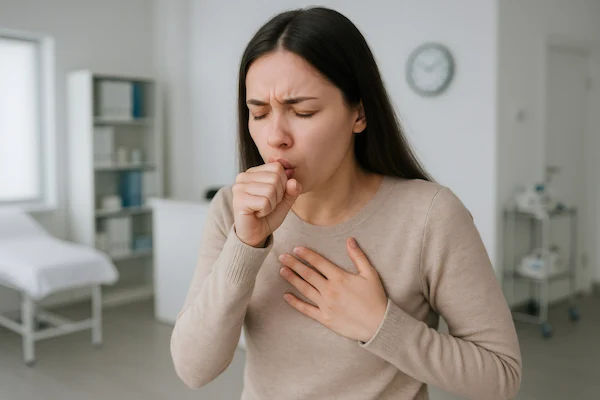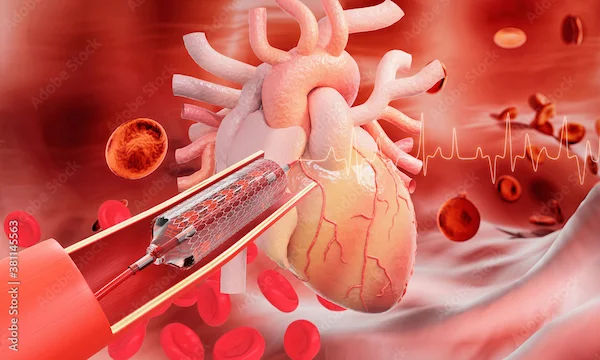- Male
- 25 Years
- 22/01/2025
I can hear my heartbeat when I lay down, and sometimes my shirt even moves with it. I can actually see it happening. My ECG came back normal, so I'm curious about what's going on. What could be causing this?
Answered by 1 Apollo Doctors
When you hear your heart sound when lying down and notice movement of your t-shirt along with it, it could be due to a condition called pulsatile tinnitus. This can occur when there is an increase in blood flow near the ear, causing you to hear your heartbeat. In this case, you can try using a white noise machine or background music to help mask the sound. If the symptoms persist or worsen, you may need to consult with an ENT specialist for further evaluation and management.
Dr. Mubarak Suggests...
Consult a Cardiologist
Answered 04/07/2025
0
0

More Cardiology Health Queries
View allHey, I had a heart attack three months ago and I initially thought it was just a gastric issue, so I didn't go to the hospital right away. I was working normally until I went in for a routine check-up a few days later and they told me I had a heart attack. They did an angioplasty and put a stent in my LAD, and everything seemed to go well. Now, I'm doing a morning walk every day, around 6 km in an hour. I'm a 47-year-old guy and I'm just wondering, when would be a good time for me to go for a stress echo?
Given that you had a heart attack three months ago and have since undergone successful angioplasty with stent placement, its important to follow your cardiologist's advice for follow-up care. Typically, a stress echo is recommended several months after the procedure to evaluate how well your heart is functioning under stress and to ensure that the stent is working effectively. You should consult with your cardiologist to determine the best timing for this test based on your individual recovery and health status. Its great that you are walking daily; continue following your doctor's guidance on physical activity and medication.
Answered by 1 Apollo Doctors
My grandma's been told she's got this issue with leaking valve shrinkage after she had some chest pain recently, and shes gotta get an angiography. I'm kinda worried about the risks involved with angiography at her age. If it turns out she needs surgery after the angiography, how safe and effective is that gonna be? She's got high blood pressure, but it's under control with meds. She doesn't have any other health issues. Can you help me understand what we're looking at here?
Angiography is generally a safe procedure, but like any medical procedure, it does carry some risks. The risks can include bleeding, infection, allergic reaction to the dye used, or damage to the blood vessels. However, these risks are usually low and the benefits of obtaining important information about the heart often outweigh the risks. If surgery is required after the angiography to address the leaking valve and valve shrinkage, the effectiveness and safety of the surgery will depend on various factors including the specific condition of the valve, the overall health of your Nani, and the skill of the surgical team. In general, valve repair or replacement surgeries can be very effective in improving symptoms and quality of life. With controlled high blood pressure and no other significant illnesses, the overall risk of surgery may be lower. It is important for your Nani to discuss any concerns or questions with her healthcare team, including the cardiologist and cardiac surgeon, to get a better understanding of her individual situation and the potential risks and benefits of the procedures.
Answered by 1 Apollo Doctors
I'm 20 and recently had two echocardiograms, one showing RVSP at 37 mmHg and the other at 29 mmHg. Both mentioned normal pulmonary artery and veins, and there's MVP with mild eccentric regurgitation. I'm worried about the possibility of pulmonary artery hypertension and whether it could be idiopathic. Could you help me understand what's going on?
Visit your Physician for appropriate management
Answered by 1 Apollo Doctors
Disclaimer: Answers on Apollo 247 are not intended to replace your doctor advice. Always seek help of a professional doctor in case of an medical emergency or ailment.




